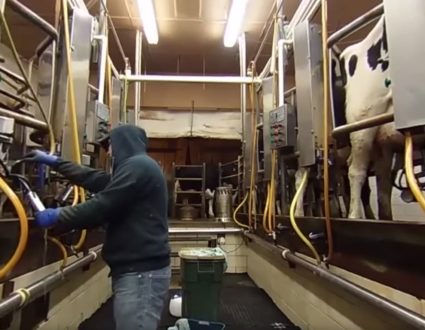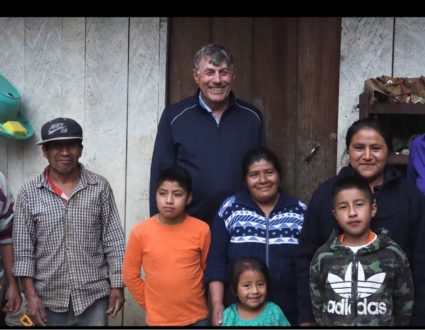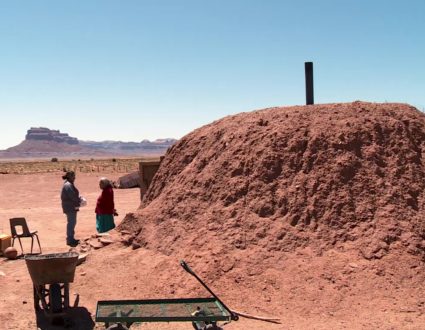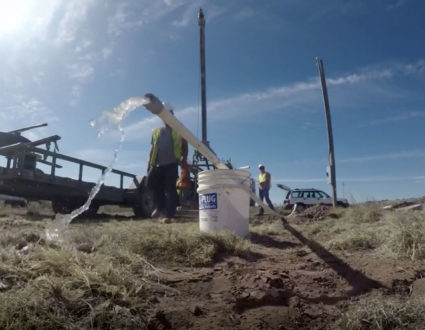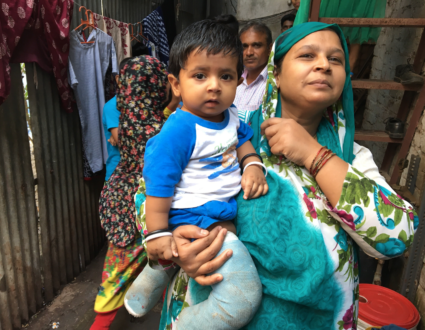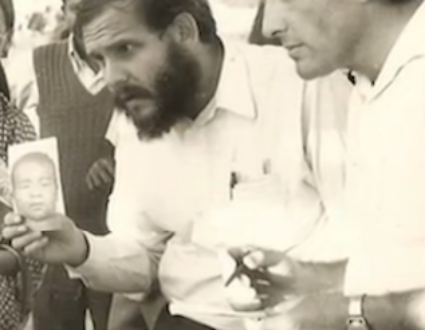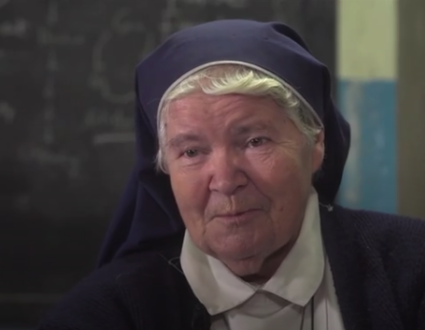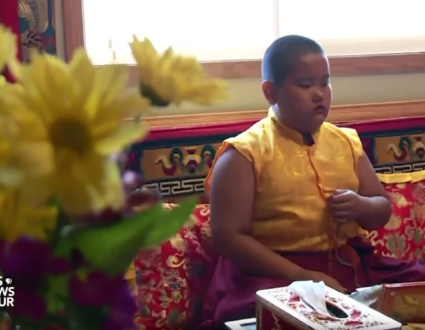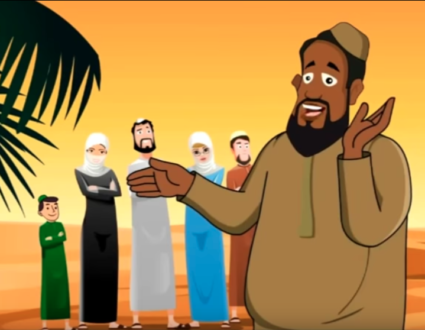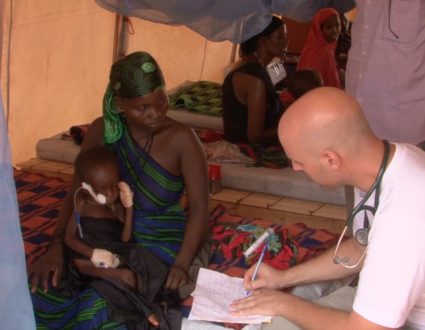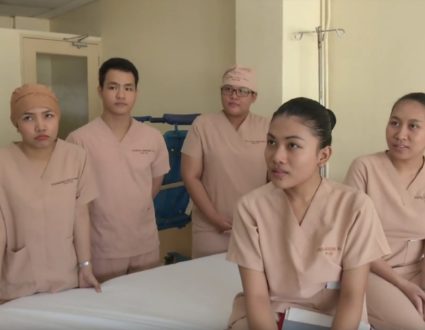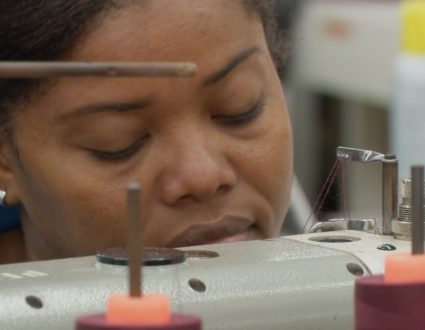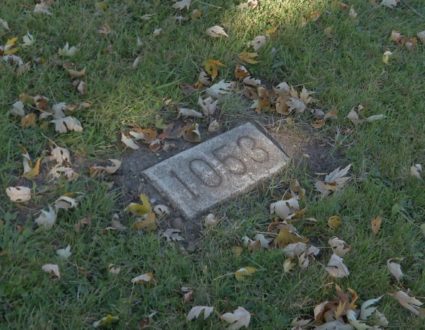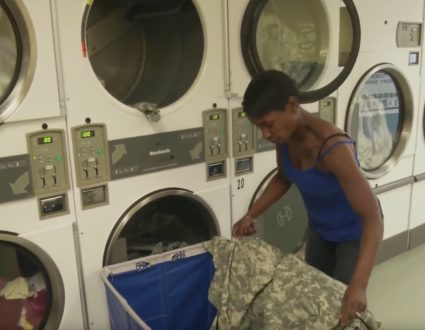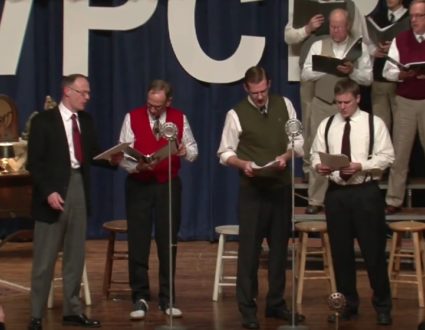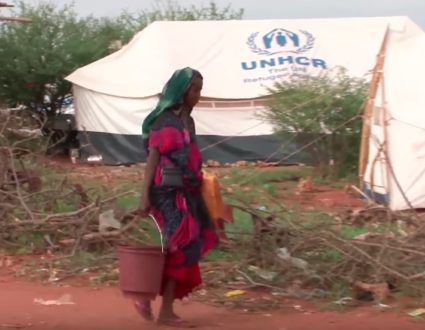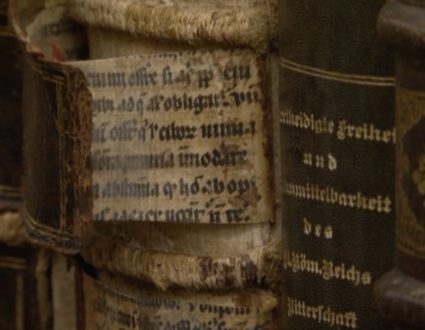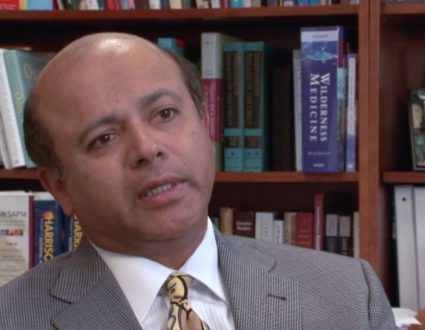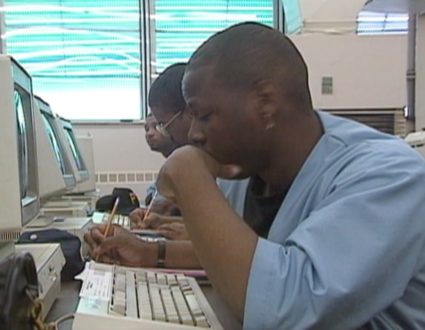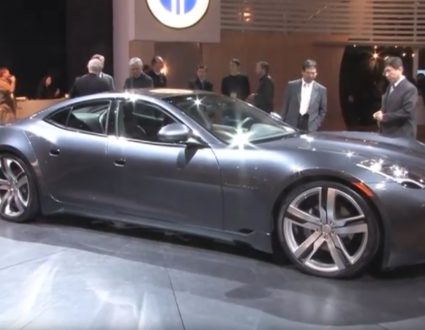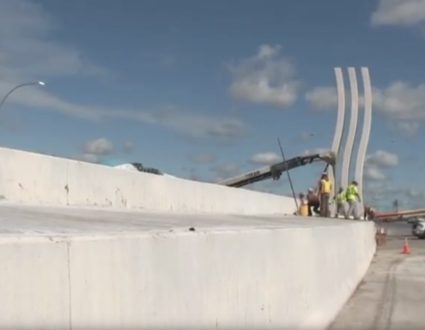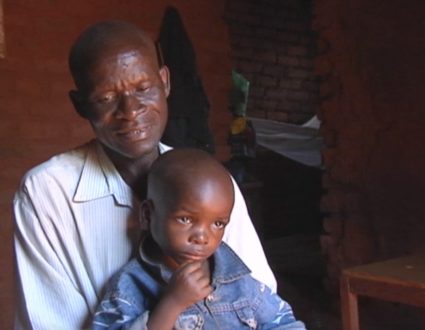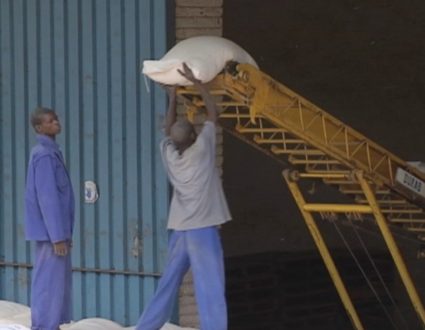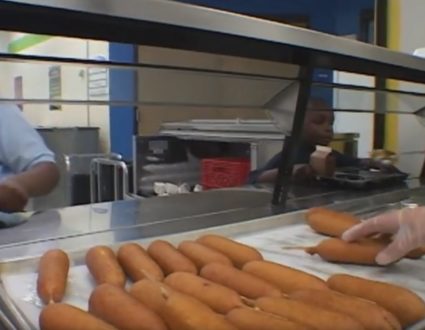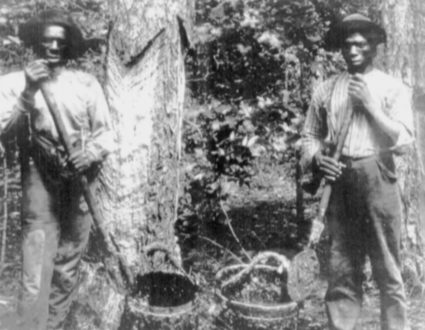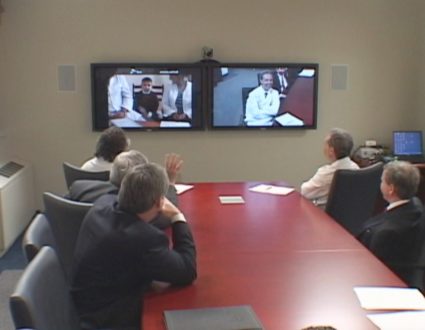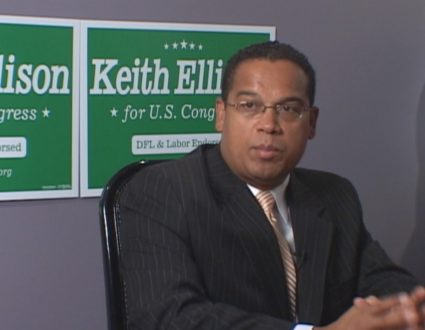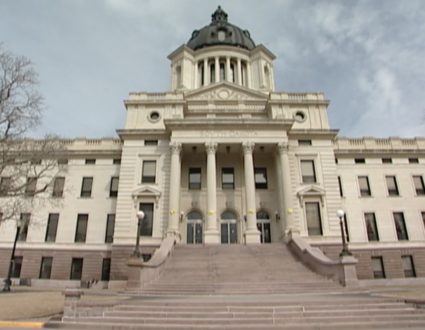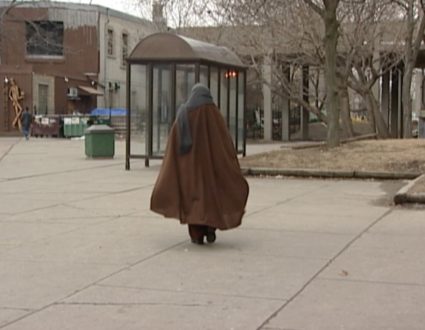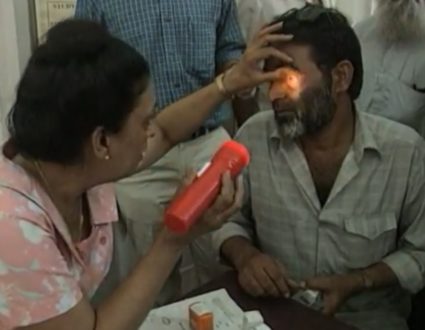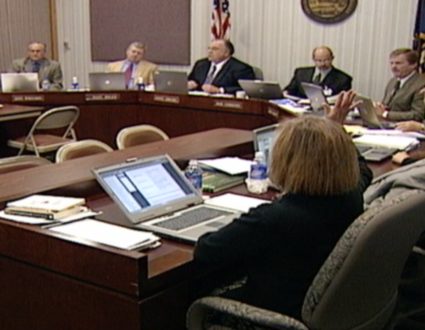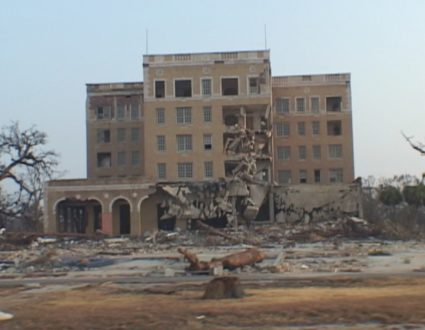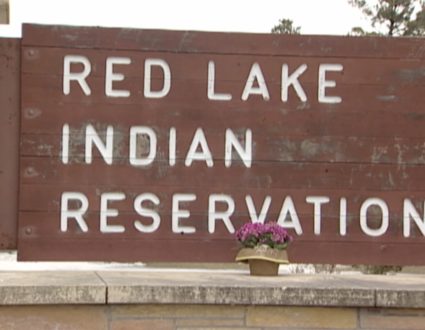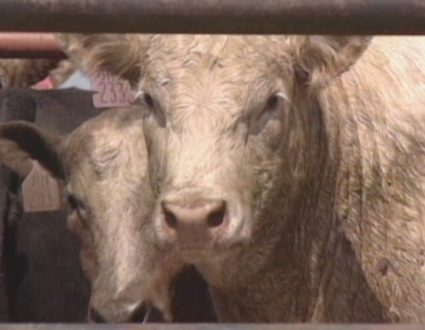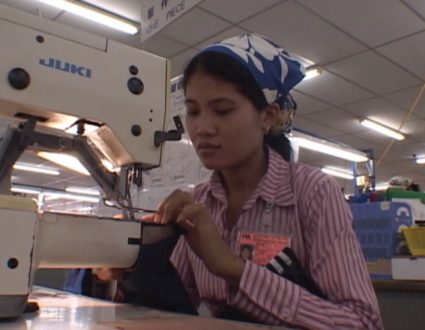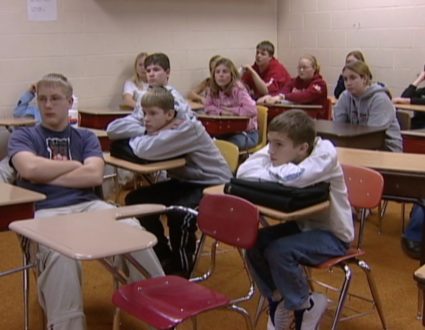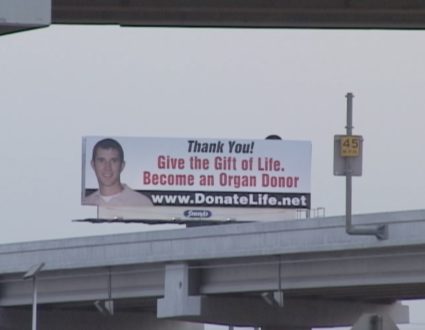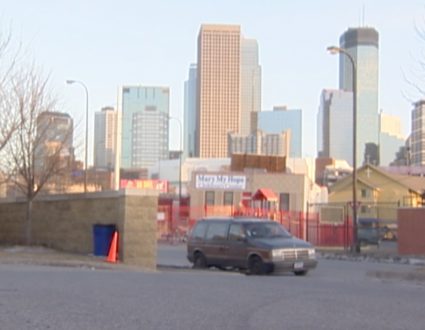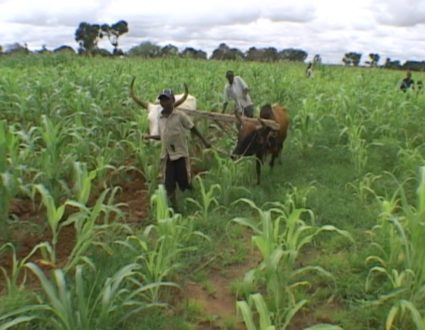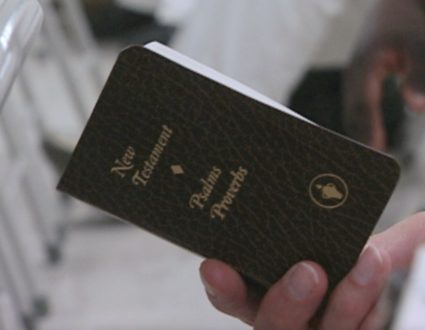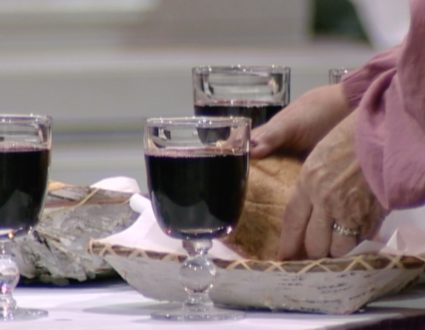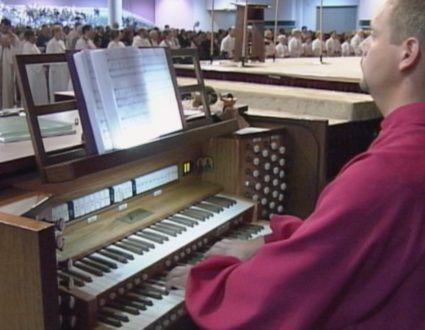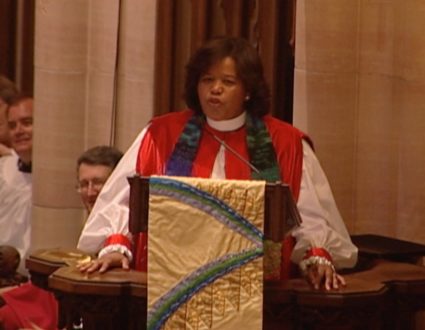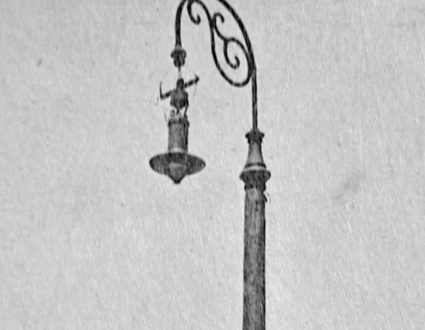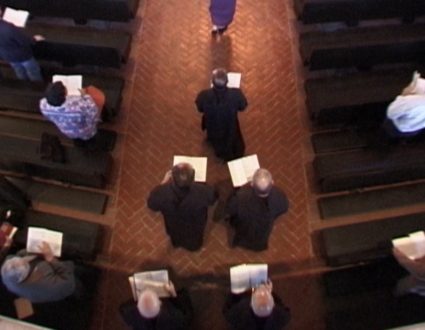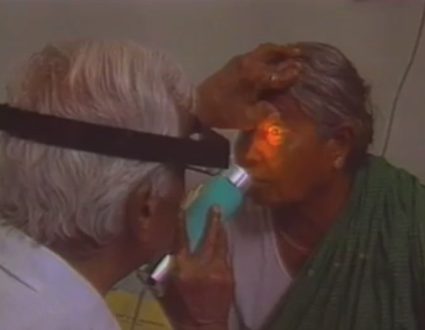Judy Woodruff:The trial of former Minneapolis police officer Derek Chauvin is set to begin soon. Chauvin is accused of murder in last May’s killing of George Floyd, a death that set off nationwide unrest.As special correspondent Fred de Sam Lazaro reports, the city is bracing for what’s to come.
Fred de Sam Lazaro:Downtown Minneapolis has become a fortress of barbed wire, concrete barriers, and boarded windows.As Derek Chauvin’s trial approaches, the city will see a dramatic increase in law enforcement, including about 2,000 National Guard troops. It’s all aimed at preventing a repeat of last spring, when the unrest following George Floyd’s killing led to hundreds of millions of dollars in property damage.Many people in Minneapolis will tell you this city is exhausted, after riots and destruction, a spike in violent crime, the pandemic, and winter. And community groups point to fortification around the court complex like this as evidence there’s been very little progress in improving relations between law enforcement and the community, especially communities of color.Miski Noor is an activist with a group called the Black Visions Collective.
Miski Noor:Folks right here, right now don’t have housing. I would have spent that money in a way that actually meets people’s needs and cares for them, so that they can make different choices about their lives and have more agency to do that.And so I think that would go a long way to creating safety than putting a guy with a gun in front of a building.
Fred de Sam Lazaro:Mayor Jacob Frey says the city is trying to strike a delicate balance.
Jacob Frey:We right now need to operate through an abundance of precaution.We need to make sure that our residents are safe, our small and local businesses are safe, our commercial corridors are safe. And to those that seek to cause destruction and chaos in our city, we want to be very clear. You will be arrested. To those that look to peacefully protest, however, they will be protected.
Fred de Sam Lazaro:Back in June, Frey faced a large group of protesters, including Miski Noor, who pressed him to commit to defunding and abolishing the city’s police department, a movement that gained traction here after Floyd’s death.When Frey said he wouldn’t, demonstrators jeered.
Jacob Frey:My position has not changed a lick. I believe that we need safety beyond policing. I believe that we need to decriminalize addiction, that we need mental health responders.And I recognize that we also need law enforcement and police.
Fred de Sam Lazaro:The city council did cut about 4 percent from the police budget, allocating that money to prevention initiatives.Minneapolis Police Chief Medaria Arradondo declined our request for an interview. For now, all eyes are on the courthouse, where a jury will decide whether former Minneapolis police officer Derek Chauvin is guilty of second-degree murder and manslaughter.State prosecutors will likely focus on the video showing Chauvin kneeling on George Floyd’s neck for about nine minutes. But despite the now infamous footage, law Professor Ted Sampsell-Jones says a conviction isn’t guaranteed.
Ted Sampsell-Jones:If you get one kind of outlier juror, someone who’s a bit of a contrarian or someone who just views the case much differently than the rest of us do, that can be enough to prevent a conviction.There are a lot of people in this country who are just deeply sympathetic with police officers.
Fred de Sam Lazaro:Ted Sampsell-Jones says Chauvin’s attorneys will likely argue other things might have actually caused Floyd’s death, like a medical incident before police arrived.They will also point to autopsy results showing multiple substances in his body. But prosecutors will likely note the autopsy also ruled Floyd’s death a homicide.Even with a conviction, some in the Twin Cities aren’t sure it would have a meaningful long-term impact.
Bill Green:The very nature of a trial narrows down the issue to a focus that may not deal with any kind of systemic change at all.
Fred de Sam Lazaro:Local history professor Bill Green says he is hopeful, but says he’s seen this play out before in a city that’s long had tense police-community relations.
Bill Green:Periodically, there have been efforts on the part of city leaders to try to launch reform efforts, but that had — that would oftentimes be short-lived because the inability to sustain pressure from a community that is beset by all kinds of other issues beyond just policing, so that the momentum that that began during a period of protest began to subside.And I fear that that may be what’s going on now.
Fred de Sam Lazaro:Chauvin’s case has seen lots of legal maneuvering. Today, the Minnesota Court of Appeals ruled that the trial judge must reconsider a state request to add third-degree murder to the charges Chauvin faces.The move could delay jury selection, which was scheduled for Monday. Chauvin’s three co defendants, former officers charged with aiding and abetting murder and manslaughter, are set to go on trial in August.For the “PBS NewsHour,” I’m Fred de Sam Lazaro in Minneapolis.
Judy Woodruff:Fred’s reporting is a partnership with the Under-Told Stories Project at the University of St. Thomas in Minnesota.
Downtown Minneapolis has become a fortress of barbed wire, concrete barriers, and boarded windows.
As Derek Chauvin’s trial approaches, the city will see a dramatic increase in law enforcement, including about 2,000 National Guard troops.

It’s all aimed at preventing a repeat of last spring, when the unrest following George Floyd’s killing led to hundreds of millions of dollars in property damage.
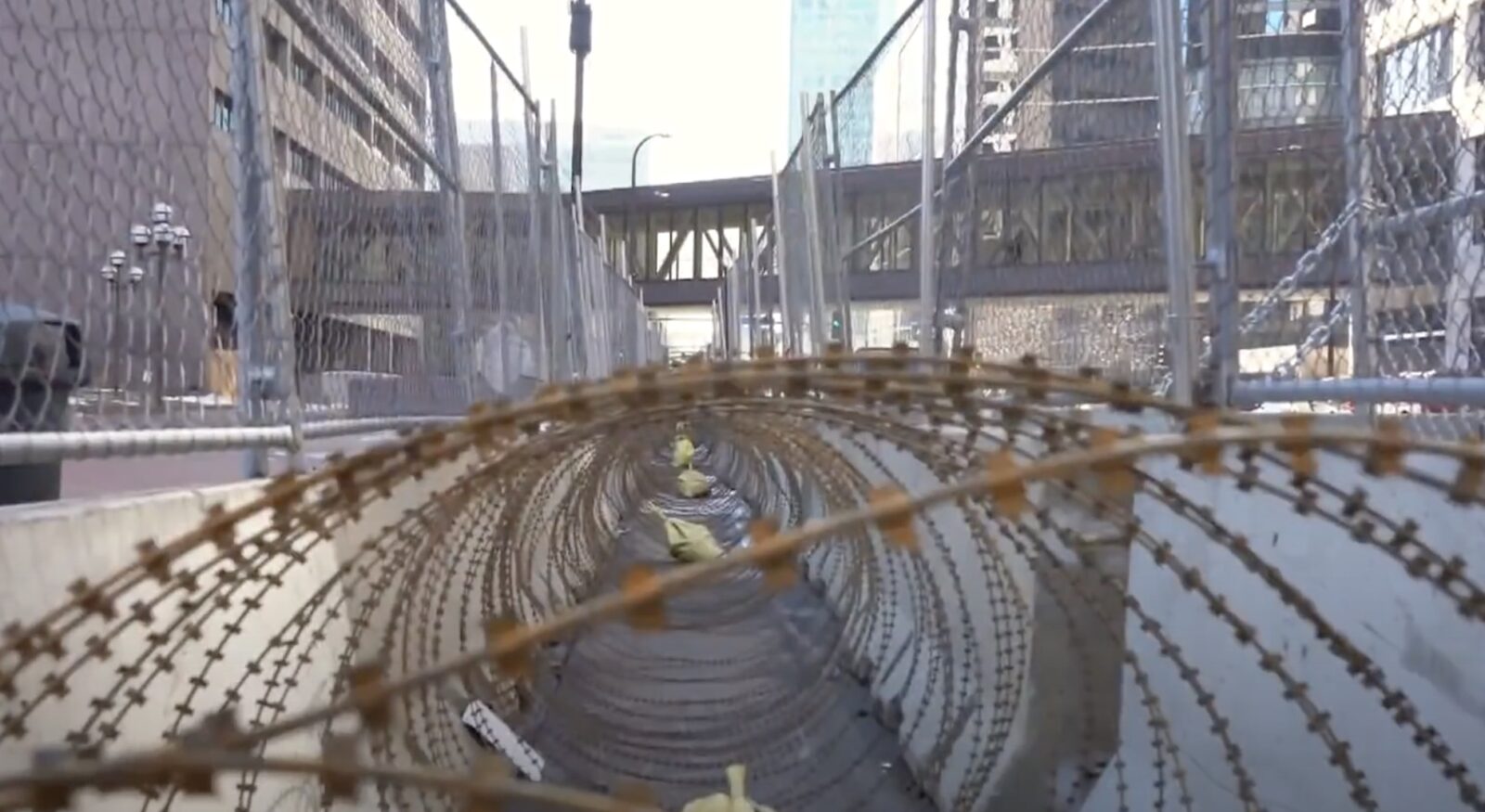
Community groups point to fortification around the court complex like this as evidence there’s been very little progress in improving relations between law enforcement and the community, especially communities of color.

“I would have spent that money in a way that actually meets people’s needs and cares for them, so that they can make different choices about their lives and have more agency to do that. And so I think that would go a long way to creating safety (rather) than putting a guy with a gun in front of a building.”
“If you get one kind of outlier juror, someone who’s a bit of a contrarian or someone who just views the case much differently than the rest of us do, that can be enough to prevent a conviction.”












































